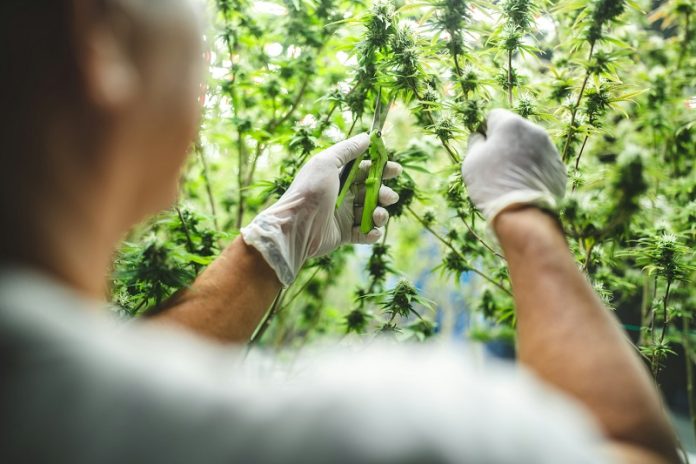
Legal access to cannabis may be affecting how people use mental health medications, according to recent research from Georgia Tech.
This study looked at prescription data for more than 10 million patients in states with different cannabis laws and found interesting trends in how people are filling prescriptions for anxiety, depression, and other mental health treatments.
In states with legal cannabis—whether for medical or recreational use—patients filled fewer prescriptions for anti-anxiety medications called benzodiazepines, which can be risky if misused.
However, prescriptions for antidepressants and antipsychotics actually went up in these states. According to lead researcher Ashley Bradford, an assistant professor at Georgia Tech’s School of Public Policy, these changes show that people are responding to cannabis access in ways that may impact their mental health care, but it’s not yet clear if these changes are beneficial or harmful.
The researchers analyzed five types of mental health medications: benzodiazepines, antidepressants, antipsychotics, barbiturates, and sleep medications.
In states where only medical cannabis is legal, benzodiazepine prescriptions dropped by 12.4% compared to states without any form of legal cannabis.
When recreational cannabis was available, the drop in benzodiazepine prescriptions was even larger, at 15.2%.
Interestingly, as benzodiazepine prescriptions decreased, the researchers observed that antidepressant prescriptions rose by 3.8% in states with medical cannabis and by 8.8% in states with recreational cannabis.
Antipsychotic prescriptions also increased slightly in states with medical cannabis laws.
These findings suggest that legal cannabis may be linked to shifts in mental health medication use, but the impact varies depending on the type of medication and the specific state laws.
Bradford points out that while fewer anti-anxiety prescriptions could reduce the risk of misuse, the increase in antidepressant and antipsychotic use needs more study to understand the full impact on mental health.
The study also highlights that commercially insured patients appear to respond to legal cannabis in ways similar to patients on Medicaid and Medicare, suggesting these trends could have broad implications.
Bradford hopes future research can identify which cannabis policies lead to the best outcomes and help states tailor their laws to support public health.
For now, this study is just the beginning.
While it shows that cannabis laws influence mental health medication use, it doesn’t clarify how these changes affect people’s well-being or why some prescriptions are increasing.
More research is needed to understand if these trends are truly beneficial or if they pose new risks.
If you care about mental health, please read studies about how dairy foods may influence depression risk, and 6 foods you can eat to improve mental health.
For more mental health information, please see recent studies about top foods to tame your stress, and Omega-3 fats may help reduce depression.



